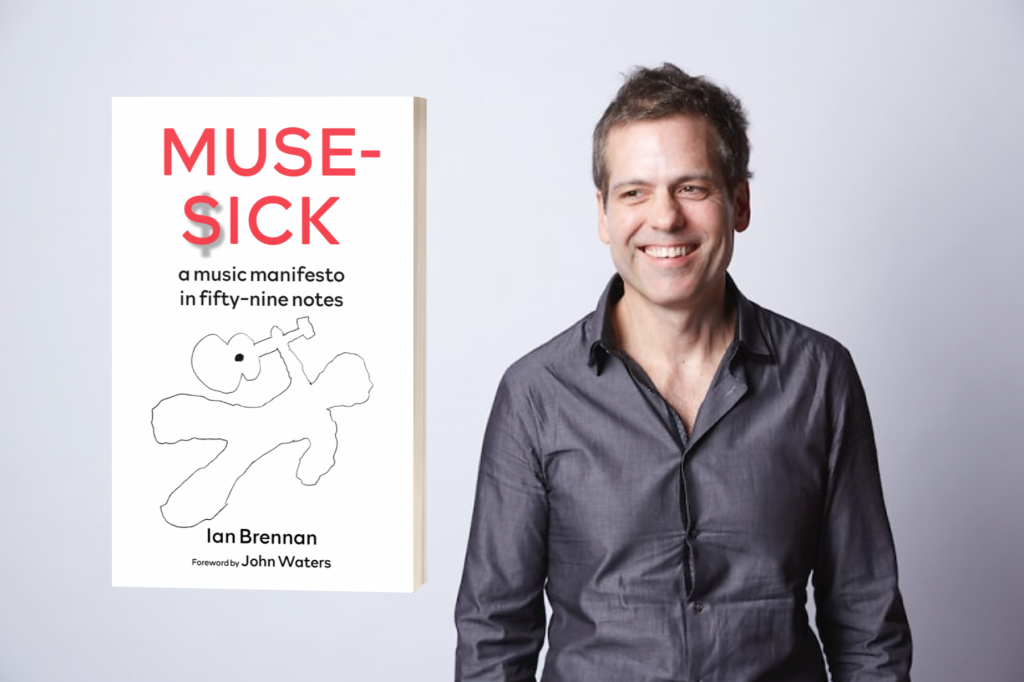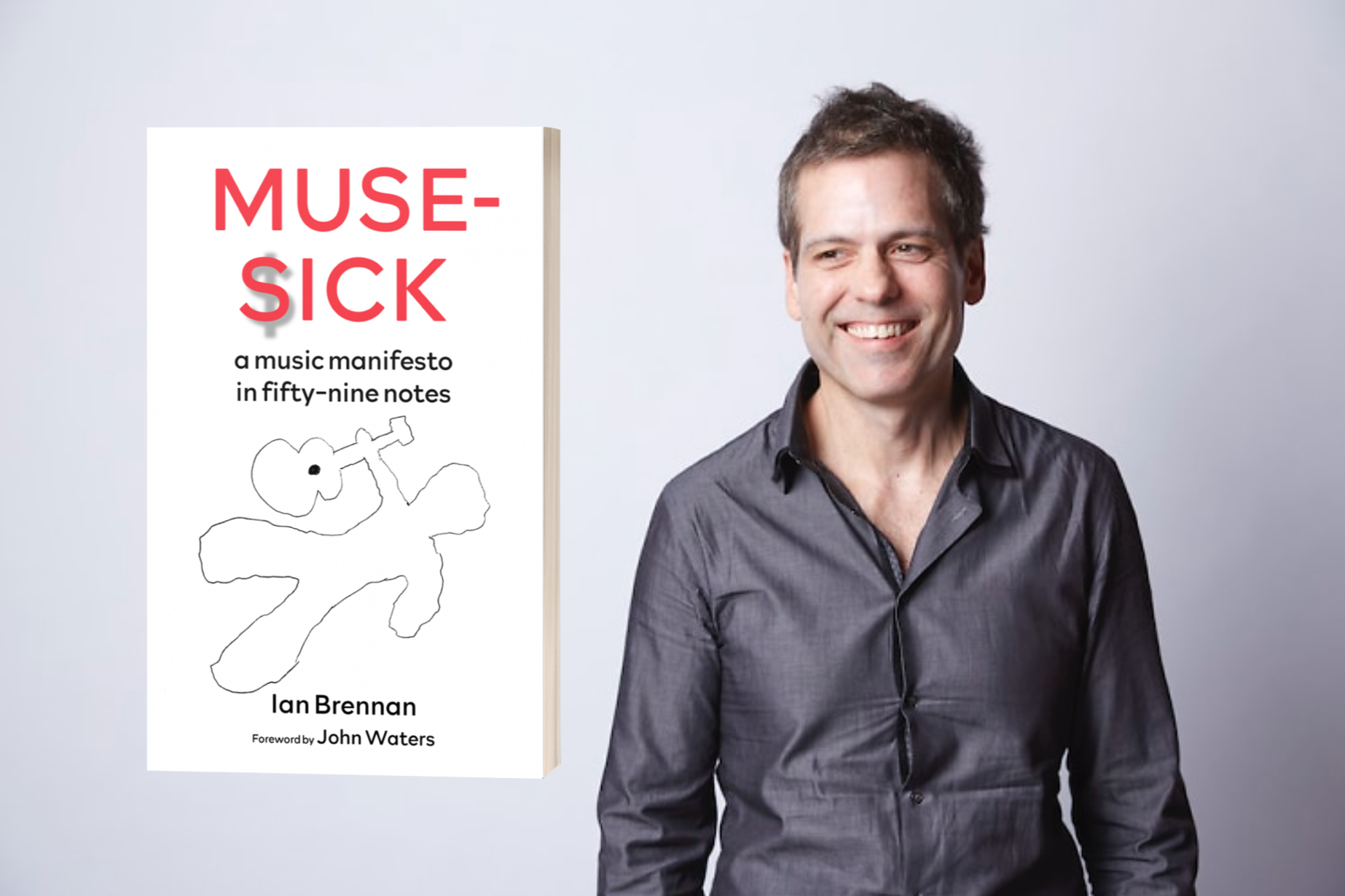By Jesse Locke
The Wire
October 2021
Ian Brennan walks the walk to back up the talk. In his work a a producer, he has traveled to far-flung locals to capture the raw sounds of musicians such as the Zomba Prison Project, Tanzania Albinism Collective, and Khmer Rouge Survivors.
Alongside these dogged efforts in documentation, about as far as you can get from the corporate music industry, he is the author of seven books, including How Music Dies (Or Lives): Field Recording And The Battle For Democracy In The Arts and Silenced by Sound: The Music Meritocracy Myth. His latest impassioned manifesto argues how mass production and commercialization have muddied the waters of unfiltered creativity.
Brennan goes on the defensive in his first sentence, explains that “the brevity of this book is not for want of material but is highly intentional”. Clearly, he cares about the communal practice of music, pushing back against vampiric venture capitlalists who would rather force related comfort food on an uncritical public than serve them something fresh. On the same page, he succinctly summaries the cultural gatekeepers this book opposes: “Driven by economics rather an culture, these financial czars want nothing more than for our future to look much like our past.”
He didn’t need to worry about Muse Sick’s length, as I found myself nodding heavily at almost every page. In his brief introduction, cult film maker John Waters says reading this book will leave you “ready to open your ears to new music in a whole new way”. The outspoken Baltimorean adds that “Ian’s wrong sometimes too, but that makes reading this manifesto more fun because you want to argue, challenge, punch him in his opinionated nose”.
Those opinions come fast and furious in the opening section, complete with Brennan’s 59 notes. His subjects of criticism include notation, recording stages, Spotify, Auto-Tune and the ways in which press release narratives overwhelm art itself. The micro-chapters vary from a few short sentences to longer passages such as his screed against the loss of “sonic diversity”.
Compared to streaming services’ automatic practice of “normalizing” the volume of all audio files, “generating conformity via algorithms”, he argues that the dynamic range of an album like Dark Side Of The Moon is what kept it in the chart for 957 weeks. Thankfully, Brennan champions many other sales beyond Western dad rock. As the polar opposite of a poptimist, he makes a salient point that accepting mediocre art as “not so bad” is the same impulse that keeps people in abusive relationships.
By way of corrective, he provides tips for a “Mass Media Detox” that include listening to music that challenges you, holding “successful artists to a higher level of scrutiny”, and refusing “to celebrate music as a contrarian or ironic act”. This is followed by the book’s most moving section, a series of travelogues describing his experiences recording the Good Ones in Rwanda, the War Women of Kosovo, and a group with “Varying cognitive and ambulatory abilities”.
Detailing how he puts the steps of his manifesto into practice, with beautiful photos by Marilena Umuhoza Delli, these recollections depict stories of strangers bonding over shared experiences. Brennan sums it up best when he writes that “the aim is not cross-cultural collaboration, but transcendence- to achieve genuine human-to-human connection”.
Ian Brennan is a Grammy-winning music producer who has produced three other Grammy-nominated albums. He is the author of four books and has worked with the likes of filmmaker John Waters, Merle Haggard, and Green Day, among others. His work with international artists such as the Zomba Prison Project, Tanzania Albinism Collective, and Khmer Rouge Survivors, has been featured on the front page of the New York Times and on an Emmy-winning 60 Minutes segment with Anderson Cooper reporting. Since 1993 he has taught violence prevention and conflict resolution around the world for such prestigious organizations as the Smithsonian, New York’s New School, Berklee College of Music, the University of London, the University of California–Berkeley, and the National Accademia of Science (Rome).







